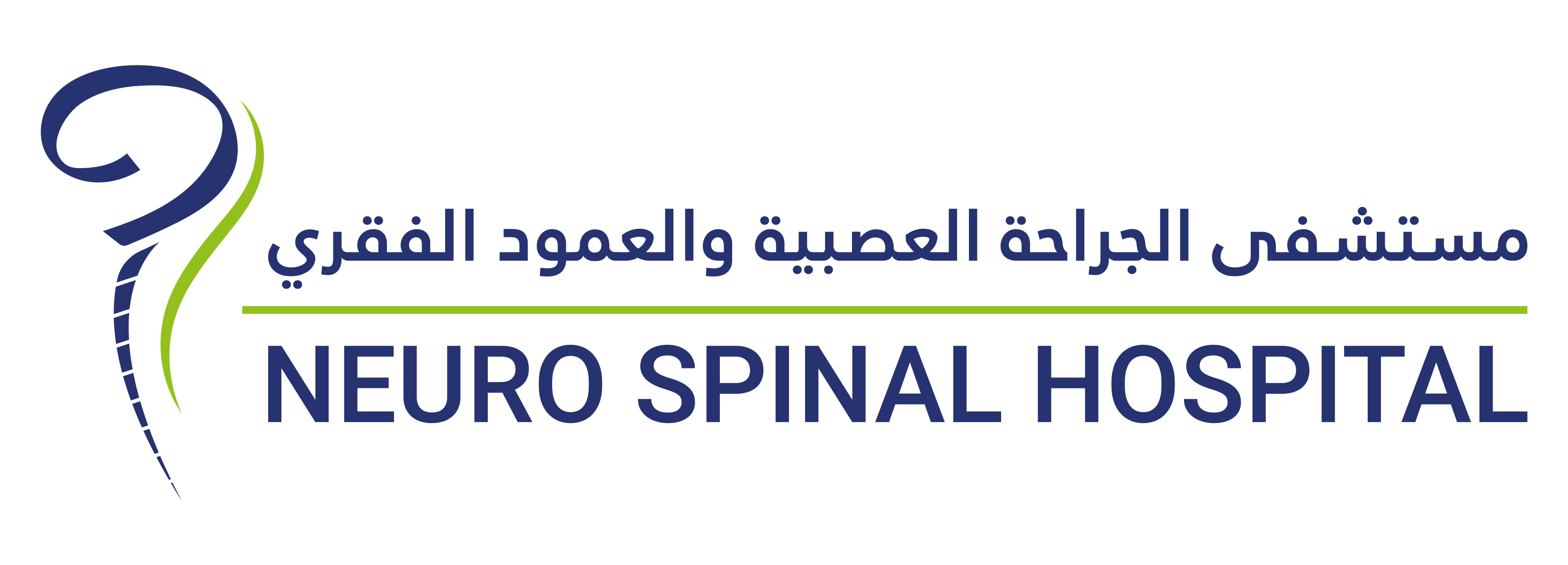Common learning disorders affect a child’s abilities in reading, written expression, math or nonverbal skills.
Learning disorders in reading (dyslexia) may cause difficulties:
- Perceiving a spoken word as a combination of distinct sounds
- Reading at a typical pace
- Understanding what they read
- Recalling accurately what they read
- Making inferences based on their reading
- Spelling
Problems with working memory, the ability to hold and manipulate information, also can play a role.
Learning disorders in writing (Dysgraphia)
As writing requires complex visual, motor and information-processing skills, a learning disorder in written expression may cause:
- Slow and labour-intensive handwriting
- Handwriting that is hard to read, poorly organized or hard to understand
- Reversing letters, words, or numbers, after first or second grade
- Difficulty putting thoughts into writing
- Trouble with spelling, grammar and punctuation
Learning disorders in maths (Dyscalculia) may cause problems with the following skills:
- Understanding how numbers work and relate to each other
- Calculating maths problems
- Memorizing basic calculations
- Using maths symbols
- Understanding word problems
- Organizing and recording information while solving a maths problem
Learning disorders in nonverbal skills – affect visual-spatial skills, visual-motor skills, and other skills necessary in social or academic functioning.
They may occur in a child who has good basic language skills and strong rote memorization skills but has have trouble with the following:
- Interpreting facial expressions and nonverbal cues in social interactions
- Using language appropriately in social situations
- Physical coordination
- Fine motor skills, such as writing, cutting or drawing
- Telling right from left
- Recognizing patterns or sorting items by size or shape
- Understanding and following instructions
- Remembering what was just said or what was just read
- Understanding the concept of time
- Attention, planning and organizing
Many children struggle in school long before being diagnosed. This can affect a child’s self-esteem and motivation and they may act out or withdraw. Learning disorders can also be present with emotional or behavioural disorders, such as attention-deficit/hyperactivity disorder (ADHD), or anxiety.
Prompt recognition of learning problems is crucial, so that specialist help can be sought to reach the correct diagnosis and provide appropriate assistance.






